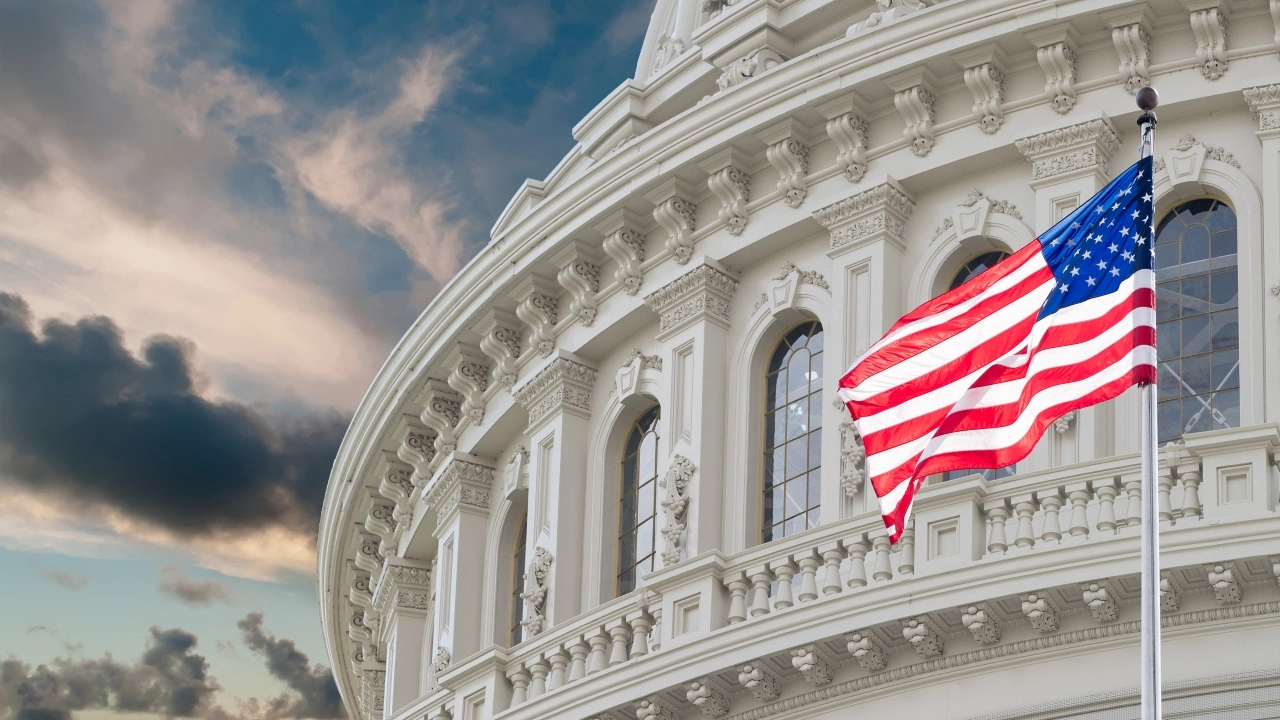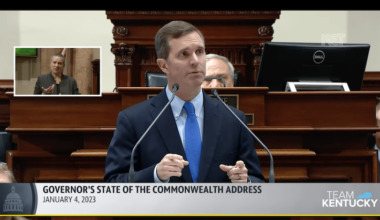Congressional Republicans appear split on reclassifying marijuana under federal law, with a House Republican attempt to block marijuana rescheduling not repeated in the GOP-controlled Senate.
However, both houses of Congress seem keen to preserve a budget rider that for past decade has protected state-regulated medical marijuana from federal Justice Department interference.
At issue are the House and Senate versions of the fiscal 2026 Commerce, Justice, Science and Related Agencies (CJS) spending bill.
The House version isn’t final. It’s scheduled to be heard in committee on Thursday.
Medical marijuana protections in spending bills
Both the Senate version, which passed the Senate Appropriations Committee on Thursday, and the House version, which received initial committee approval on July 15, include the latest version of the Rohrabacher-Farr Amendment.
That budget rider, included in federal spending bills since 2014, prohibits the Department of Justice from taking action that would prevent states with legal medical cannabis programs “from implementing their own laws that authorize the use, distribution, possession or cultivation of medical marijuana.”
Nebraska is absent from the list of states with MMJ programs in the Senate version.
Nebraska legalized MMJ in the fall despite opposition from state officials, who have been blamed for a political logjam that’s stalling implementation of the program.
The House version uses similar language to block the DOJ from rescheduling marijuana – a key order of business for incoming Drug Enforcement Administration Administrator Terrance Cole.
House proposal blocks marijuana rescheduling
The MMJ protections were absent from an initial version of the CJS spending bill, according to cannabis advocates.
Though adult-use cannabis remains a Schedule 1 drug – and, as a result, illegal and subject to enforcement – medical marijuana supporters say the budget rider affords them limited but necessary protections until Congress passes federal marijuana reform.
Despite the Senate choosing not to involve itself in the marijuana rescheduling process in this way, the odyssey to downgrade cannabis’ status under federal law for the first time since 1970 remains on indefinite hiatus.
It can be resumed – or halted forever – at any time by the DEA administrator.
Senate addresses allegations of Chinese marijuana
The Senate version also directs federal law enforcement to investigate illicit cannabis grows allegedly controlled by foreign nationals – specifically the Chinese.
Subscribe to the MJBiz Factbook
Exclusive industry data and analysis to help you make informed business decisions and avoid costly missteps. All the facts, none of the hype.
What you will get:
- Monthly and quarterly updates, with new data & insights
- Financial forecasts + capital investment trends
- State-by-state guide to regulations, taxes & market opportunities
- Annual survey of cannabis businesses
- Consumer insights
- And more!
If passed, the FBI, DEA and U.S. Attorney’s office must submit a report within 90 days detailing:
- “The extent of illegal growing operations in the United States that are associated with foreign nationals.”
- “Any connections or or links to Chinese transnational criminal organizations and/or the government of the People’s Republic of China.”
Medical Disclaimer:
The information provided in these blog posts is intended for general informational and educational purposes only. It is not a substitute for professional medical advice, diagnosis, or treatment. Always seek the advice of your physician or other qualified healthcare provider with any questions you may have regarding a medical condition. The use of any information provided in these blog posts is solely at your own risk. The authors and the website do not recommend or endorse any specific products, treatments, or procedures mentioned. Reliance on any information in these blog posts is solely at your own discretion.






